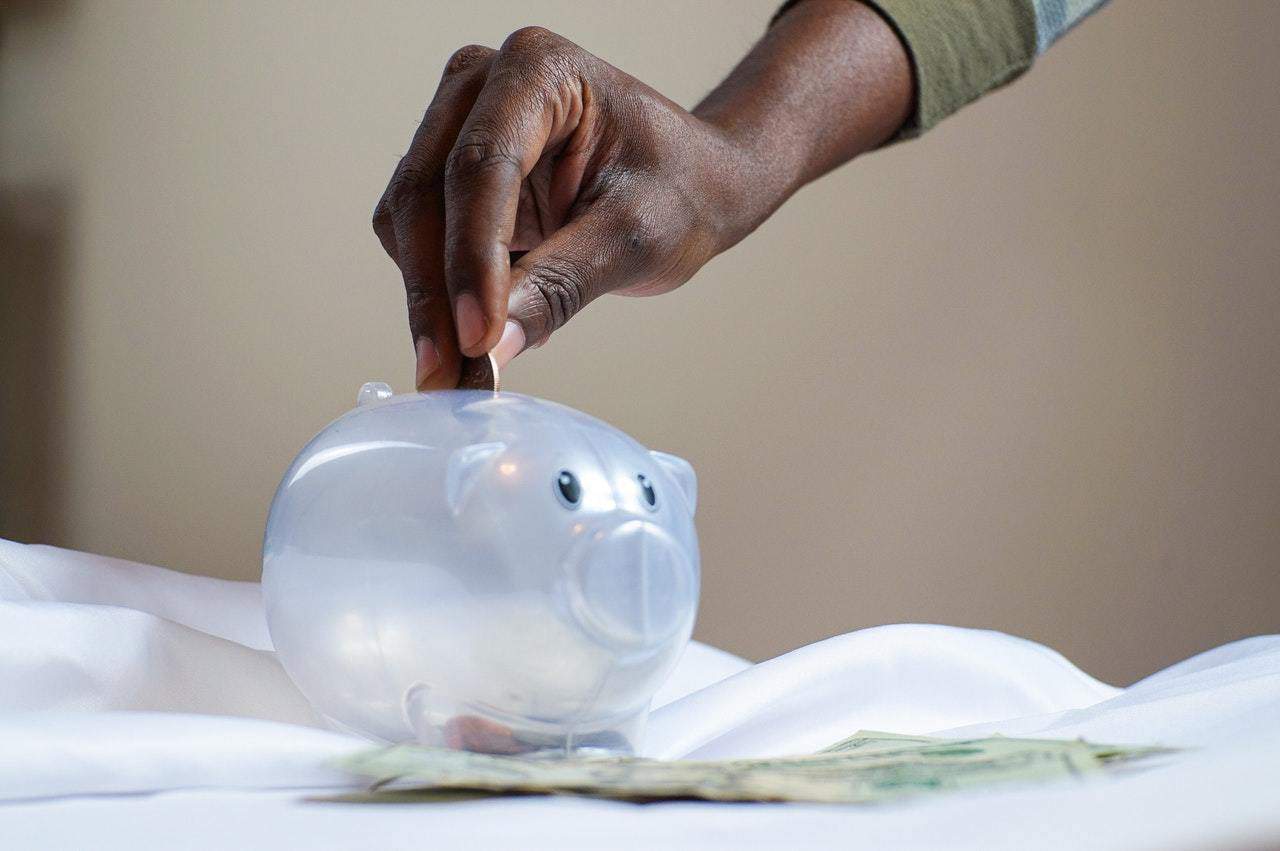Are you wondering if savings accounts have beneficiaries? Do you want to add a beneficiary to your savings account? Or multiple beneficiaries? It’s a common practice for savings accounts o have beneficiaries, especially when the accounts are intended for long-term investment purposes. While no one likes to think about it, it’s important to plan what will happen to your financial accounts when you pass away. Even if you don’t yet have a spouse or children, thinking ahead financially is still important.
Reasons Why Savings Accounts Have Beneficiaries
Savings account holders are allowed by federal banking regulations to designate a beneficiary or multiple beneficiaries to their account(s). This is authorized mostly in case of an event like death.
How to Designate a Beneficiary on your Savings Account
The designation of beneficiaries must be done through the financial institution’s beneficiary form. Information regarding beneficiaries (name, address, social security number, etc.) to an account is usually requested during the initial account opening. Once beneficiaries are named, a bank account is referred to as a “payable on death” or POD account and is classified as a revocable trust account by the Federal Deposit Insurance Corp. If one wishes to change or include a beneficiary in a savings account, the individual is required to go to the bank in person to complete a “Payable on Death” form.
The beneficiary does not need to be present at the designation—you just need their information—and there is nothing for the beneficiary to sign. Of course, even though a beneficiary doesn’t need to be present, they should know about the accounts and know where to access the corresponding electronic or paper documentation so they can claim the funds. After your death, your beneficiary will have to present a photo ID and a certified death certificate before the bank will release the funds.
When you name a POD beneficiary, you do not give up control or ownership of your bank account. The POD beneficiary cannot withdraw or deposit money into your account. The beneficiary is not entitled to receive correspondence or financial statements from the bank. Upon your death, the account ownership will automatically pass from you directly to your named beneficiary and your beneficiary will have immediate access to the funds in the account.
Adding Multiple Beneficiaries to your Account
For multiple name beneficiaries, the account holder will need to provide each beneficiary’s name and address and other required information mentioned earlier. The percentage benefit for each beneficiary must be clearly stated. There is no limit to the number of beneficiaries one can include. The beneficiaries can be individuals, charities, trusts, or organizations as decided by the account owner.
What About Joint Accounts?
You might skip the need for a beneficiary by naming a joint account owner, instead. In some cases, this can be appropriate (e.g., spouses often have joint accounts). Just remember to review the joint account owner’s financial history, credit issues, and current financial situation, even if it is a spouse or family member. If your joint account owner gets into financial difficulty, creditors could come after the balance of your account, even if the co-owner has never contributed to that account. Most bank accounts that are held in the names of two people carry with them what’s called the “right of survivorship.” This means that after one co-owner dies, the surviving owner automatically becomes the sole owner of all the funds. The account will not need to go through probate before it can be transferred to the survivor.
Changing the Beneficiaries on Your Savings Account
One thing to keep in mind is that you’ll need to keep your beneficiaries up to date. Any major life event, such as a marriage or divorce, or the birth or death of a child, means you need to look over your account beneficiaries to make sure they’re still accurate. Also, be sure that your account beneficiaries are listed in the appropriate order. This is important if you, for instance, want the account to pass first to your spouse but then to your child if your spouse has also passed away.
When you’re changing the beneficiaries on your accounts, be sure to also change those beneficiaries in your will so that they match. Mismatches between your will and your account beneficiaries can create major hang-ups for your heirs. Whenever you update one, double-check the other to ensure that it’s correct to avoid problems down the road. For example, if your spouse is your beneficiary and you get divorced but forget to update the beneficiary information on the account, your spouse will get your account after you die, which you may not want.
More Complicated Situations
There are some restrictions when designating beneficiaries on your savings accounts. For example, if your named beneficiary is a minor, a court may require that guardianship be established to handle the money for him or her. If you name a special needs person as a beneficiary, the amount of money in the bank account may be enough to disqualify him or her from receiving government assistance. Consider the money skills and maturity level of your intended beneficiary. If your named beneficiary dies before you and no one else is listed as the POD beneficiary, the bank account becomes part of your probate estate. You can avoid these problems by reviewing your account beneficiaries a least every two years.
If your wealth grows to a point where you’re well into the millions of dollars of assets, it’s probably time to do more than just designate beneficiaries and set up a basic will. At this point, you’re looking at estate planning, trusts and other inheritance issues. You don’t want your hard work and careful planning to go to waste when your beneficiaries are heavily taxed on what you leave behind.
Savings Account Beneficiaries: The Bottom Line
Even if you don’t plan to save massive amounts of money in any given account, be sure you designate a beneficiary right away. You never know how that account balance could grow between now and when you pass away.
One of the most important reasons to designate a beneficiary on your savings account is to ensure your money goes where you intend it to. Without this guidance, you risk your heirs not receiving your money, or, the assets getting held up for months or years during the probate process. Your beneficiaries trump your will and with clear direction on your wishes, you can avoid family fights and help make the process easier for everyone involved.







